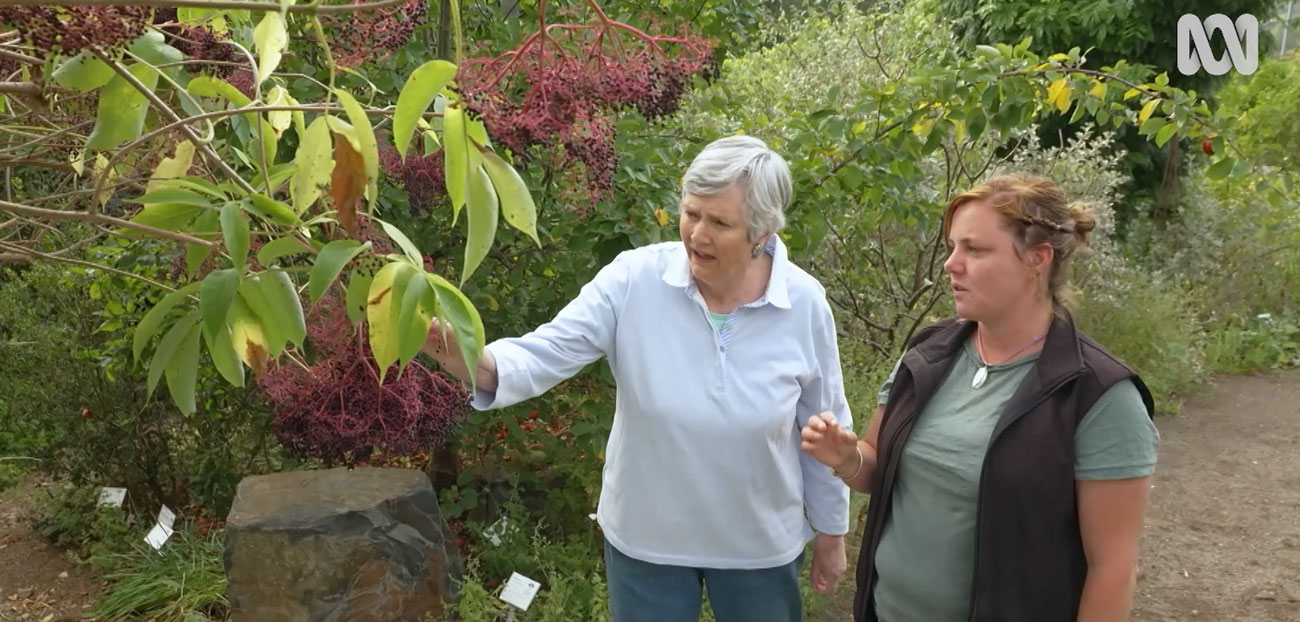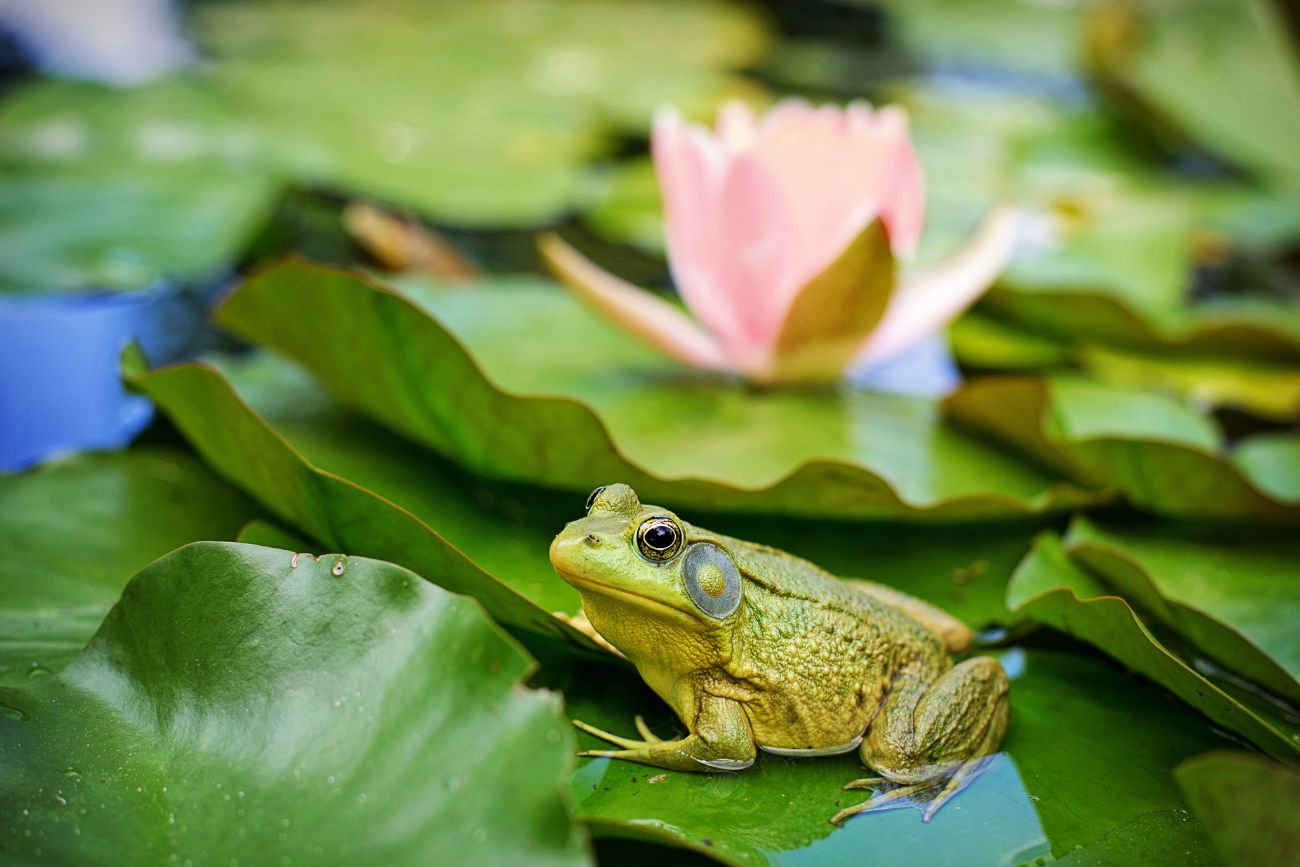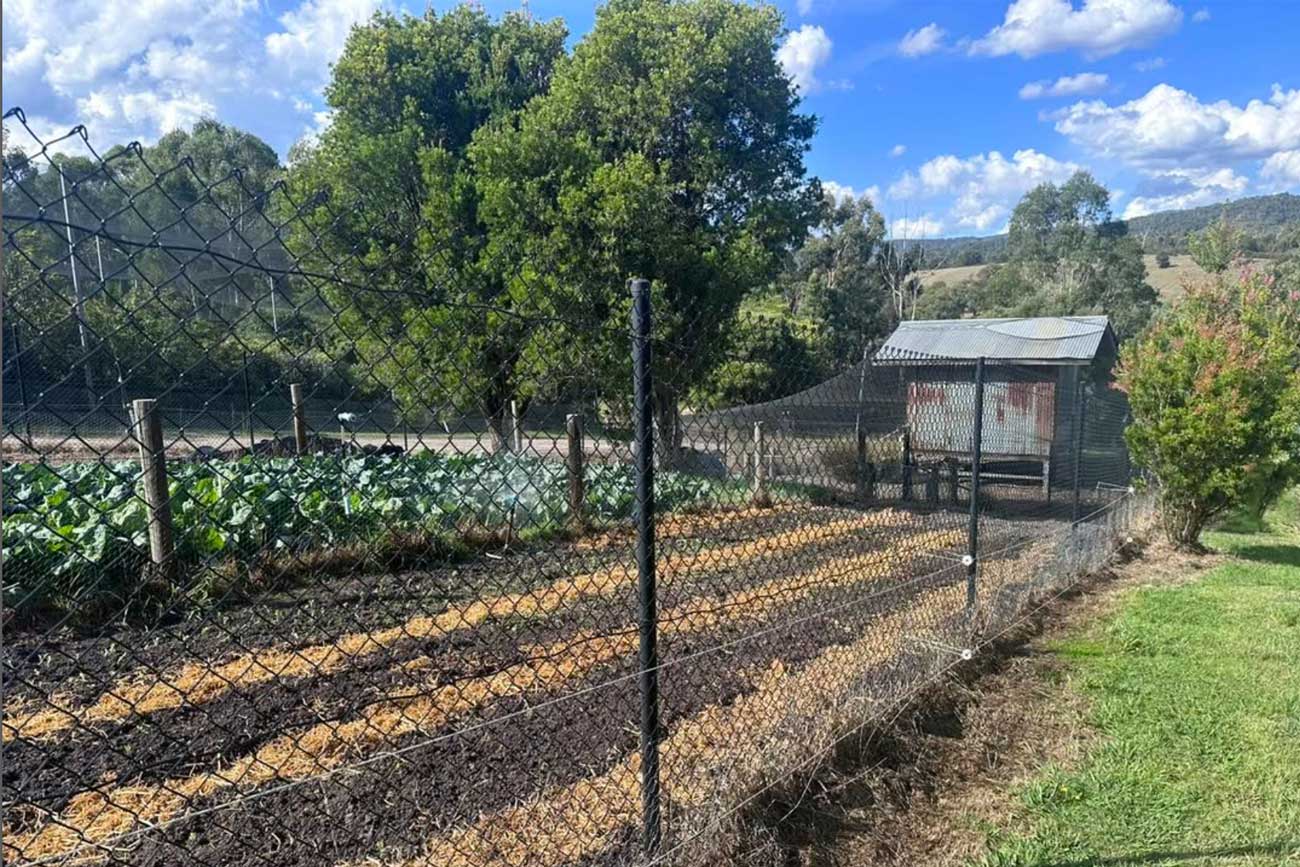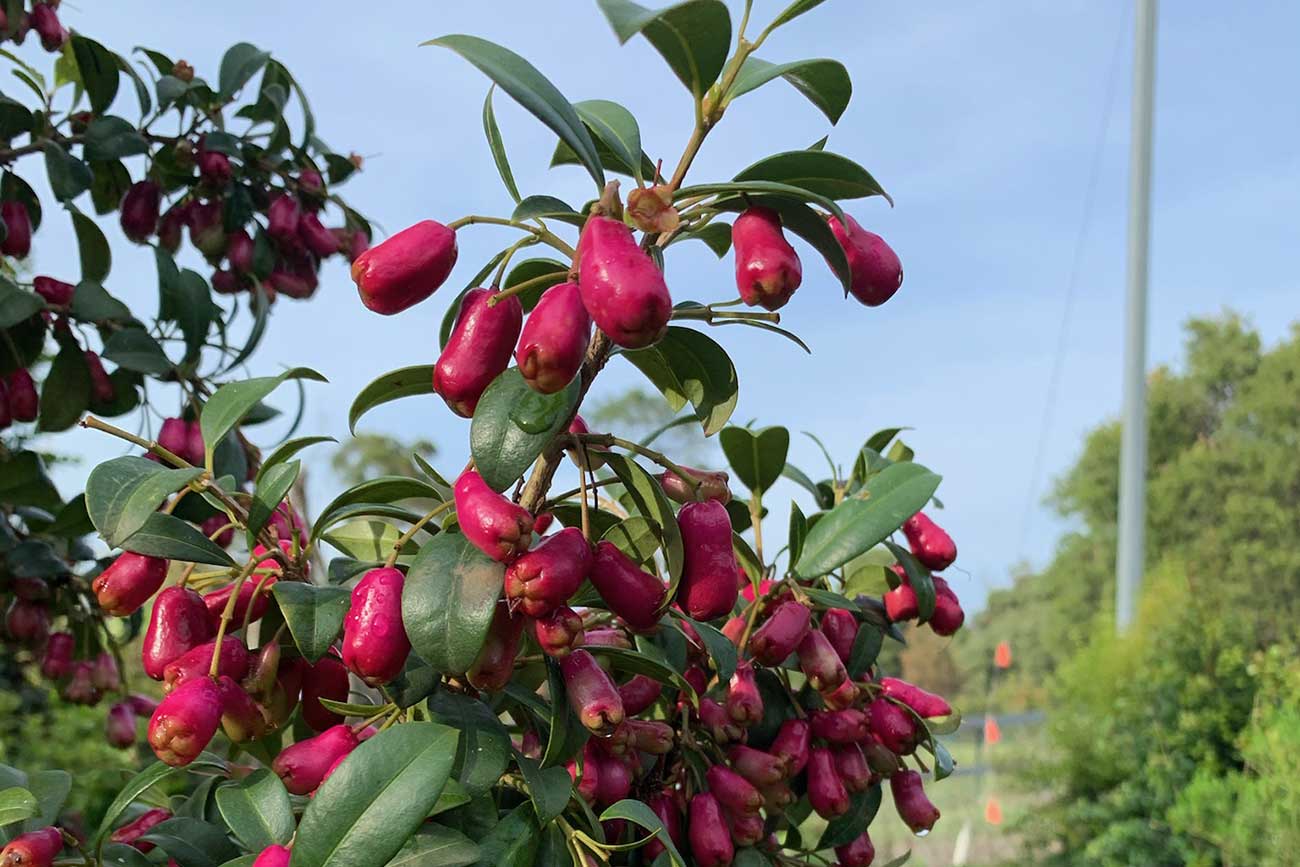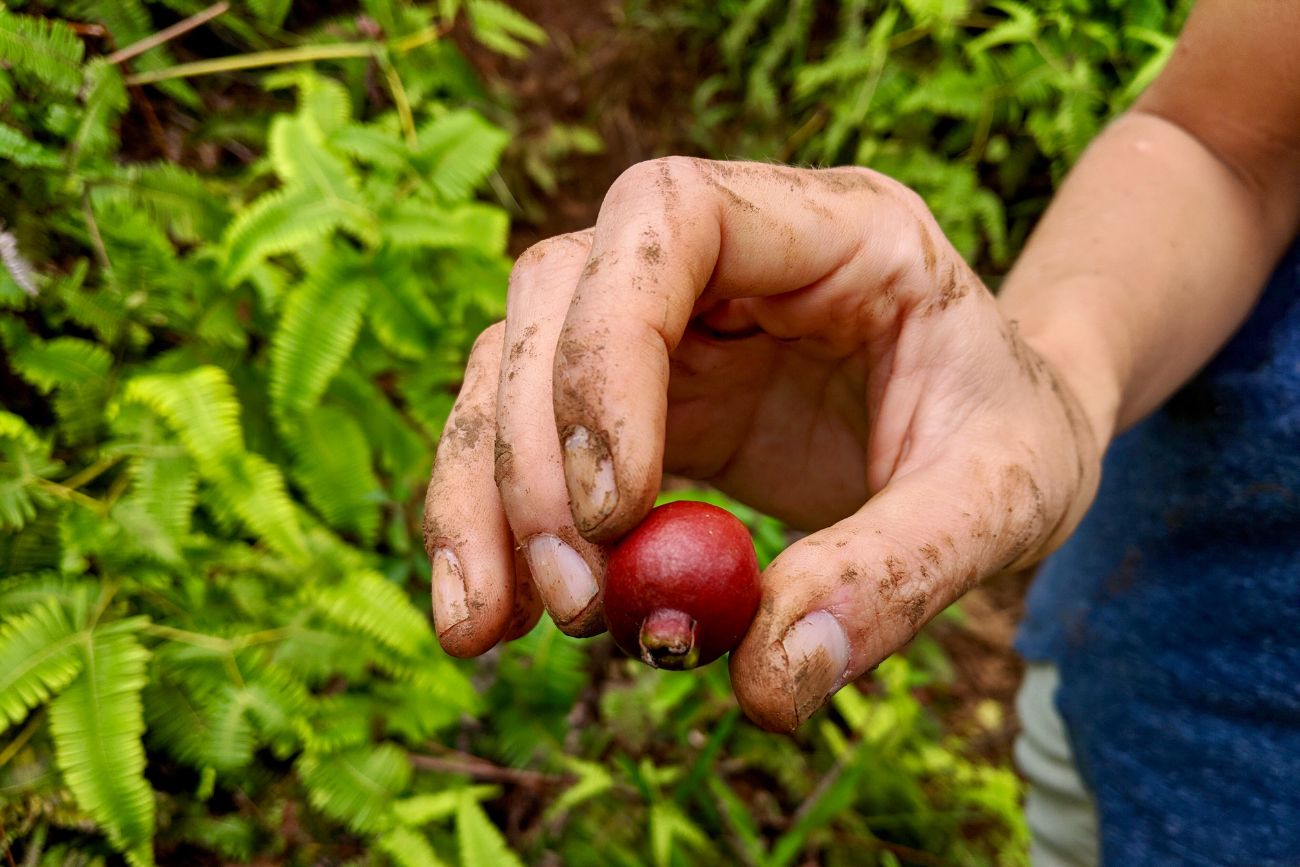“The ultimate goals of forest gardening are the growing of an abundant diversity of tasty, nutritious, and healthy foods and the cultivation and perfection of an ecological way of seeing, thinking, being, and acting in the world”
(David Jacke and Eric Toensmeier Edible Forest Gardens, 2005)
What is it?
An ecological food producing system, which is structured, and functions like a forest. It is low maintenance and largely self- supporting once established. The structure mimics the forest with layers of vegetation – trees, shrubs, climbing vines, herbs, ground cover and root crops / tubers – and functions like a forest with plants and fungi working together to cycle nutrients and control pests and diseases.
What does it look like?
An edible forest garden can look like a suburban garden (although with more plants than most), a wild forest, an informal garden, a natural woodland, or a tropical garden. It all depends on the chosen site, the location, the intended use of the garden and the clients wishes. The forest garden can support multiple uses such as demonstration gardens for education in horticulture/ permaculture, social and public spaces, providing food for people/ wildlife and habitat for birds and other creatures.
Why is it better?
Overall the use of trees, shrubs and perennial plants dramatically reduces the labour required to produce food as they do not need to be replanted every year and their roots penetrate more deeply, thereby requiring less water and fertilizer to be added. Other benefits include:
- Minerals accumulated by some plants are released back to the soil when the leaves break down;
- Nitrogen fixing plants add additional nutrients from the air which are made available through bacteria living in nodules on their roots;
- Nectary plants attract and feed beneficial insects to control pests,;
- Ground covers protect the soil; fungi in the soil support the system and transport nutrients through an underground matrix from one plant to another.
Other useful information:
An edible forest garden is consciously designed; and:
- Considers the choice and location of species which will produce a good yield when grown together
- Makes full use of the available space and resources without requiring excessive inputs in the form of labour or materials,
- Supports the functions and structure of the forest system,
- Allows access for harvest whilst reducing weed growth and maintenance (eg mowing) while still meeting the aesthetic requirements of the site
- Requires major inputs of energy and expertise in the design at the early implementation stages.
- Ongoing maintenance will be required to fine-tune the system but will be far less burdensome than a conventional orchard or vegetable system producing comparable overall yields.
Why YVE invested in an Edible Forest?
Yarra Valley Estate is proudly sustainable and required a larger yield in its production of edible items for use in our kitchen, producing fresh, healthy meals for our customers & guests. Our onsite traditional vegetable gardens are essential for growing & harvesting vegetables although we found one component was necessary for ongoing edible foliage, herbs and spices as an all year round item. YVE had the available space and the passion for permaculture designed gardens, therefore we decided to build an Edible Forest to encompass our demand while also creating a unique garden that was beautiful and interesting for our staff and customers alike.
The Edible Forest is almost an acre of land that was previously unused and is now a source of pride for our business. With winding walking tracks, peaceful seating areas and a waterfall that softly drops into a pond, this space is beautiful even without the lush layered garden.
As leaders in sustainability, we envision passing our message onto future generations via school group educationals, onsite cooking classes in the purpose built Harvest Hub and engaging our community and other horticulture groups to use our facilities or develop similar gardens in there region.
The possibility to sell our surplus produce, accompanied with recipes to match the seasons, is a wonderful take home item to guests, homegrown by Yarra Valley Estate.




